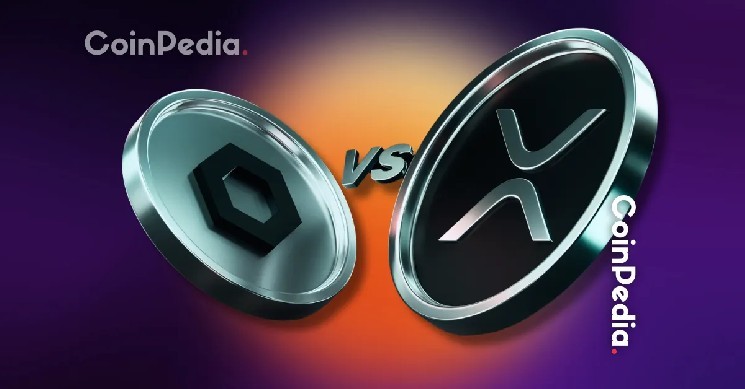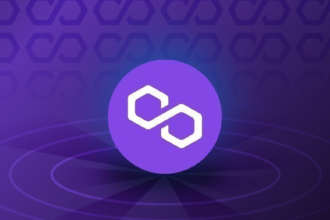ChainLink’s Talk, which exchanges Ripple, has been doing rounds online and has sparked anxiety within the XRP community. Many fear that Ripple may be losing its position in Japan’s financial system, the region where Ripple once held a strong position.
Some holders are also questioning whether XRP is still part of SBI Holdings’ multi-blockchain infrastructure. With increasing uncertainty, investors are wondering whether Ripple’s influence in Japan is beginning to fade, as Chainlink’s role appears to be expanding.
The viral post cited ChainLink’s unique partnership with the SBI group in Japan to weigh the discussion. Speculation has grown since then, but how true is it behind these claims? Find out what is fact and what is fiction.
What actually happened?
There are no official claims by Ripple or ChainLink
Neither Ripple, ChainLink or SBI companies have issued an official statement regarding ChainLink, which will replace Ripple. Ripple and XRP are deeply integrated into the Japanese payment corridor, which protects its position on ChainLink. XRP’s important role in Japan for fast and viable cross-border transactions through SBI’s remittance and trade services makes it clear that ChainLink does not threaten Ripple’s position in the region.
New deal with SBI’s ChainLink
On August 22nd, SBI Holdings announced a new partnership with Circle, Ripple Labs and web3 company Startale. ChainLink’s CCIP and compliance tools help SBI to enhance their infrastructure.
Is XRP still a key asset in the SBI multi-stack strategy?
The Japanese financial company has identified XRP’s strategic role in cross-border payments despite the new blockchain partnership. XRP remains important for live corridors in Japan-Philippines, Thailand, Vietnam and other countries, eliminating the requirements for advance funding and reducing transaction costs. SBI’s multirail strategy relies heavily on XRP on low-cost settlements.






